With artificial intelligence permeating across industries, a natural area of concern centers on its implications for employment and livelihoods. Specifically, will white-collar professionals find themselves inexorably automated out of careers by efficiently ruthless algorithms?
New empirical research by Hui, Reshef and Zhou offers reassurance that while AI adoption is beginning to reshape digital freelance marketplaces, a full-blown robot takeover decimating creative occupations remains unlikely – at least short-term.
Examining Generative AI’s Impact on Online Creative Jobs
The study focused specifically on how deploying generative AI models like GPT-3 on popular freelancing platforms impacts workers offering services across creative domains like writing, illustration and photography.
By tracking worker earnings and task volumes before and after artificial intelligence integration by the platforms, the analysis quantified real-world market fluctuations to model employment effects at an initial stage of adoption.
Modest Income Declines, Not Collapse
The findings reveal that AI exposure correlates with a modest yet noticeable dampening of total creative worker incomes. However, rather than incomes nosediving en masse, most declines manifested as single-digit percentage points.
This preliminary impact remains non-trivial, though not nearly as economically ruinous as some depictions of AI automating away human jobs entirely.
Lower-Skilled Most Affected
Not all workers faced identical losses either. Income drops concentrated primarily among the lower-skilled, newer participant cohort undertaking routine creative tasks like blog formatting or basic graphic design.
Conversely, expert creatives showed greater resilience from AI substitution, likely indicating continued demand for bespoke high-value services despite automation potentials.
The Reinstatement Effect: New Work Opportunities
Furthermore, counter to dystopian automation narratives, researchers identified reinstatement effects where AI generated opportunities across creative verticals too.
These mainly encompassed AI-adjacent roles like curating and refining machine-produced content to client specifications or briefing AI systems to handle base production for subsequent customization.
Thereby the advent of artificial intelligence could spur more blended collaborative work paradigms between human creators and automated tools rather than outright human replacement.
New Roles for the AI Era
Creative occupations likely to thrive in an AI augmented market include:
- AI project managers – briefing algorithms, consolidating outputs, quality control
- Content composers – planning and ideating themes for artificial intelligence content generation
- Style consultants – providing design inputs to tailor generative model outputs
Such hybrid roles blending interpersonal abilities like ideation with AI production oversight promise growing relevance given projections of expanding generative model deployment across creative sectors.
Skill-Based Creative Roles Remain Secure
For highly skilled domains like conceptual illustration, fine arts, or niche research and editorial services, study hints automation may not encroach substantially given continued valuation of bespoke human ingenuity.
Likewise for intrinsically social professions involving ethics, emotion or complex reasoning, human predominance endures over robotic rivals lacking deeper context assimilation capacities.
This emphasizes reskilling for human-AI collaboration over raw skills displacement as the urgent priority for current workforces facing generational technology shifts.




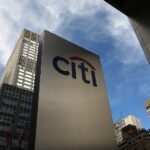

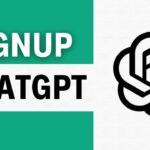
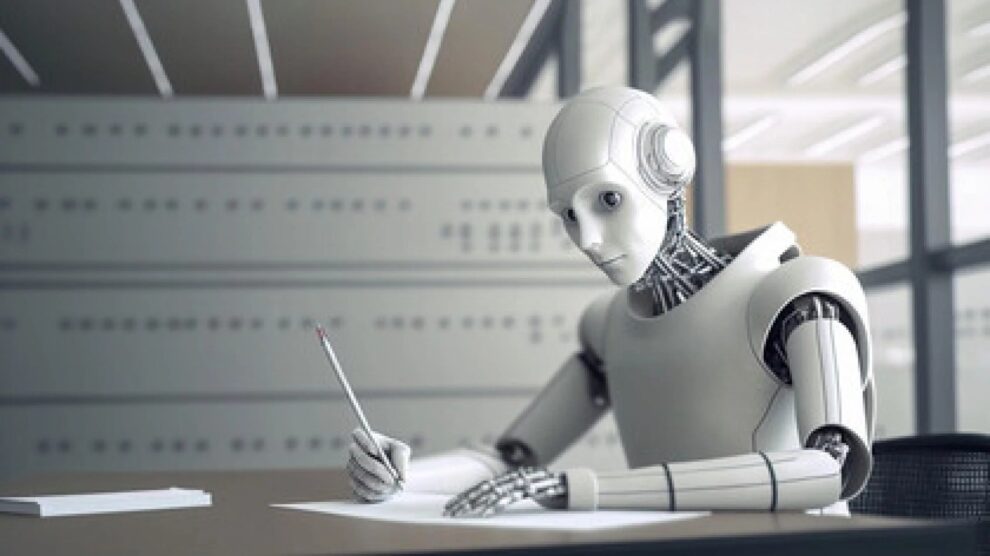
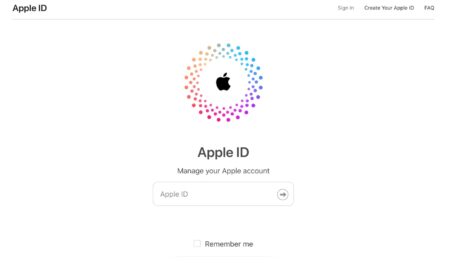
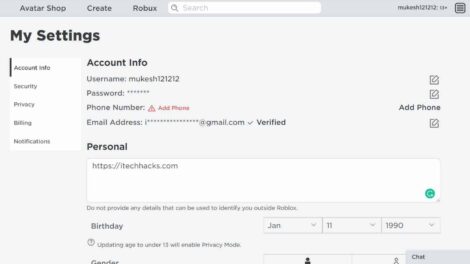
Add Comment